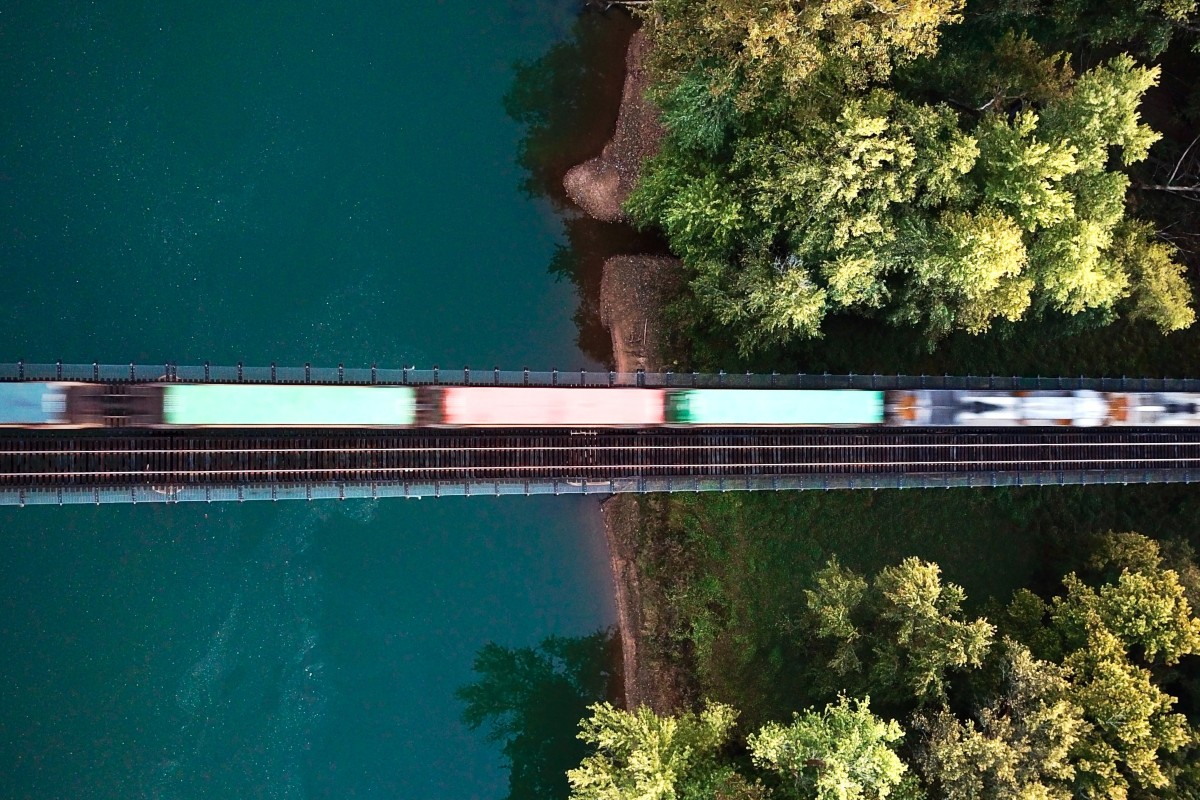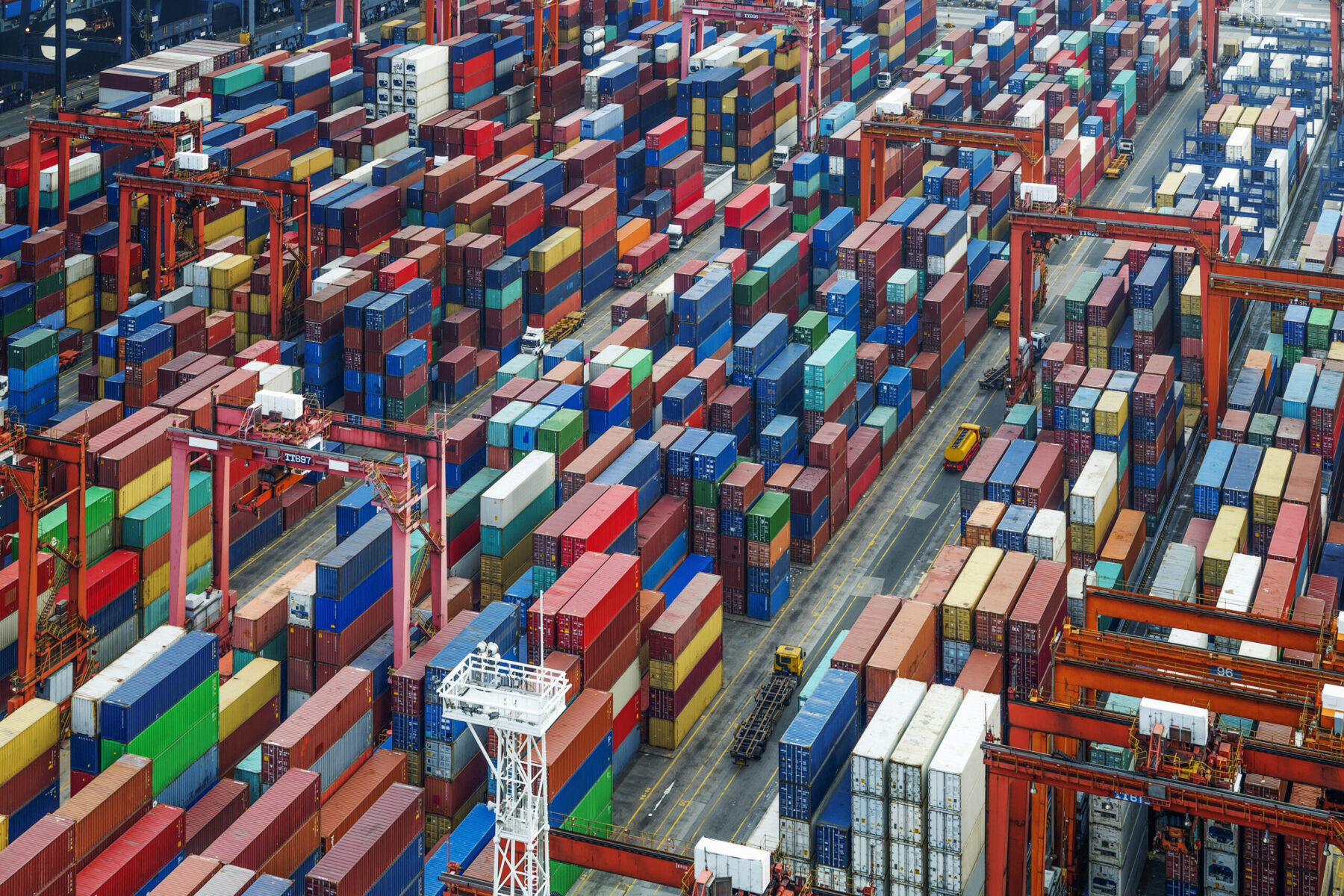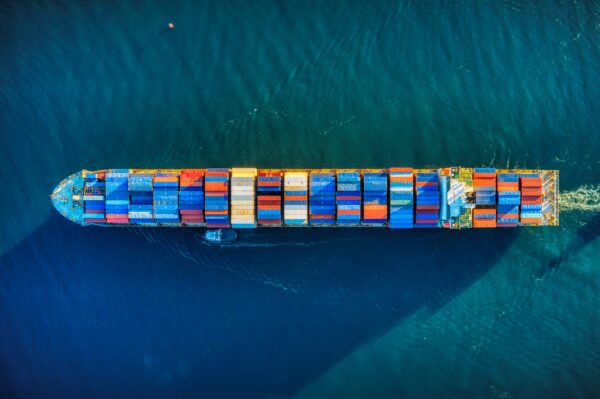Never-ending disruption: how should you tackle it?
Aug 15, 2022
Scroll to find out more
Aug 15, 2022
Scroll to find out more

Disruption is inevitable. As soon as you think one challenge is over, something else shows up.
With a non-exhaustive list of challenges, businesses must factor disruption into their normal day-to-day. But old, traditional supply chains are not equipped to take on today’s market.
Shippers must act now to change the old way with technology that brings light to your supply chain and expert partners to help you understand data, mitigate risks and find solutions.
At Zencargo, we drive value for our customers by building connections and partnerships, with the help of technology. We work with your team to bring your supply chain into the new world effectively and efficiently.
Marina Lennie is one of the many experts we have at Zencargo who help our customers reach the full potential of their supply chain. As our Director of Ocean Planning, Marina strategises pricing mechanisms and provides the best possible service through that pricing to our customers.
We spoke with Marina on our podcast Freight to the Point to discuss how disruption is shaping the supply chain and how you can tackle it. Here are four things Marina says are essential for successfully bringing your supply chain into the new world:
Traditional freight forwarders do not collect, visualise or use data to optimise their customers’ supply chains. Their priority is getting cargo from A to B, and not always effectively.
However, data is a huge part of supply chains and now plays an even bigger role in enablingshippers to mitigate risks. Teams need real-time, accurate and reliable data, and to have visibility over that data, to make informed decisions. If teams can’t see the full picture and are making guesses because their data is unreliable or simply not there at all, then your supply chain is vulnerable to disruption.
To get visibility over your data, you need a centralised platform where all your supply chain data and communication is stored. This allows you to easily and quickly share important information with your teams, such as new collection and delivery dates. It also provides you with analytics on things like supplier performance, so you can make informed decisions on how to improve your supply chain.
For more information on how you can build a data-driven supply chain, check out this article written by Zencargo’s Director of Data, Peter Tomlinson.
Marina states that your forwarder must help you to tackle disruption, so you should be looking at a “freight forwarders’ ability to adapt to those circumstances and to react as fast as they can to ensure that the cargo is then delivered in a timely manner”.
Your forwarder should act as an extension of your team, working with you to understand your KPIs and supply chain needs. An effective freight forwarder will actively help you find solutions to mitigate risks and minimise impacts when disruption hits.
For example, when the Evergiven blocked the Suez Canal, Zencargo provided customers with a dashboard to show all of their shipments that have been directly impacted, could be impacted or have not been impacted. This allowed our customers to work with our experts to find solutions for shipments that had been effected to minimise impacts.
When looking for a freight forwarder, you should be looking for a partner that backs solutions with data, communicates effectively and quickly, and actively helps you to target problems. If your forwarder doesn’t provide the above, then it’s time to look for a new one. When evaluating a freight forwarders value, you should measure:
Use our checklist to establish how effective and efficient a digital freight forwarder is when going out to tender.
By putting all of your eggs in one basket (i.e. sourcing your products from only one manufacturer), when disruption hits, it hits you hard. For example, when there is a local lockdown, you will find it difficult to move your goods without facing longer lead times and additional costs.
Marina says that “shippers have understood that spreading risk is key, and that can happen on different levels”. For example, she suggests that “it can be a question of geographical relocation of production warehouses [and] it can be anything to do with different suppliers in terms of carriers”.
By spreading the risk across multiple carriers and locations, you can minimise the impact of disruption. For example, the pendng challenging in the UK is whether or not industrial action at the Port of Felixstowe will go ahead. If there are strikes, then shippers will be looking at significant delays and congestion. To mitigate this risk, Marina suggests that businesses “have alternative options to delivery in Felixstowe”.
We don’t have a crystal ball to predict what will happen in the months to come. But businesses can build a more resilient supply chain to tackle disruption, minimising the impacts to your supply chain, business and consumers.
Our experts have extensive experience in supply chains, offering consultative advice on procurement, customs and more. They will work with you to build resilience and provide solutions that are backed by technology.
Zencargo’s digital platform provides customers with data and visibility to identify how disruption will affect their cargo and when it will affect them. As the data is real time, teams can confidently make decisions quickly for effective results.
To find out more about our platform and how we can help you turn your supply chain into your competitive advantage, get in touch with our team.

To find out how you can take control of your supply chain costs and stay ahead...

To find out how you can navigate a path through uncertainty, book your free str...

To find out more about how Zencargo’s digital freight forwarding experts and te...